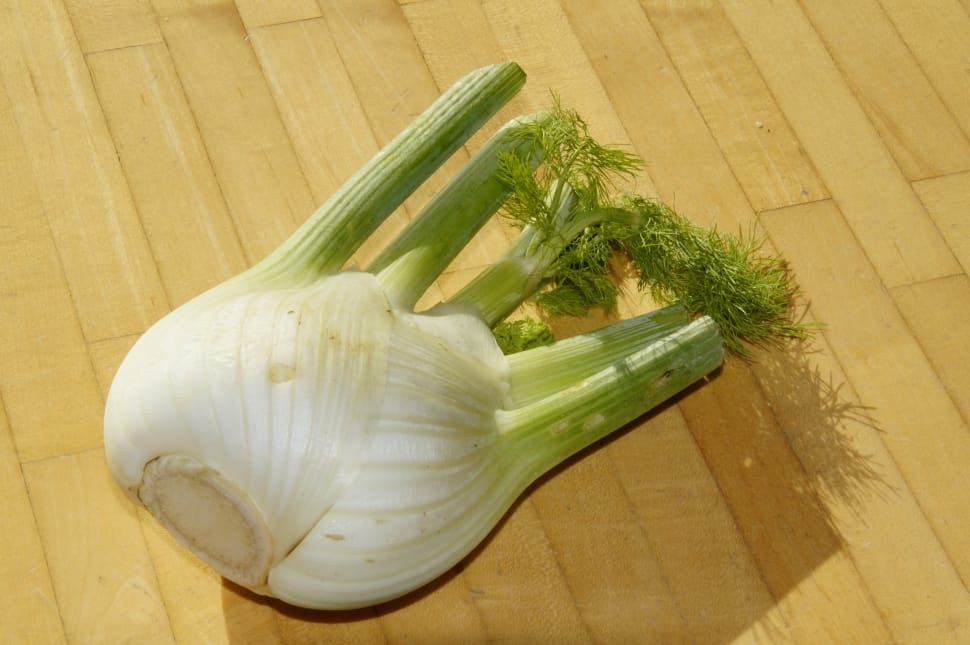I: Thrift
Was Benjamin Franklin a spy?

Good morning. Today is primidi, the 21st of Floréal, Year CCXXXI. We celebrate le statice, an herb that tosses up pink blooms by the seaside.
The very essence of thrift may be that famous line from Poor Richard's Almanack by Benjamin Franklin: "A penny saved is a penny earned." That proverb alone may be the reason the penny has stubbornly clung to life as a coin in the United States despite being inflated to nothingness decades ago. But more interestingly, Franklin's personal frugality was ... well, let's just say some things are easier said than done.
We begin with the strong suspicion among some historians that Ben Franklin spent his critical years in Paris – when he negotiated the military assistance of the French in the Revolutionary War and coordinated the fateful Treaty of Paris that truly gave birth to the independent United States – as a double-agent spy for the British. And, while doing so, brazenly spent 100,000 pounds of the Continental Congress's money.



